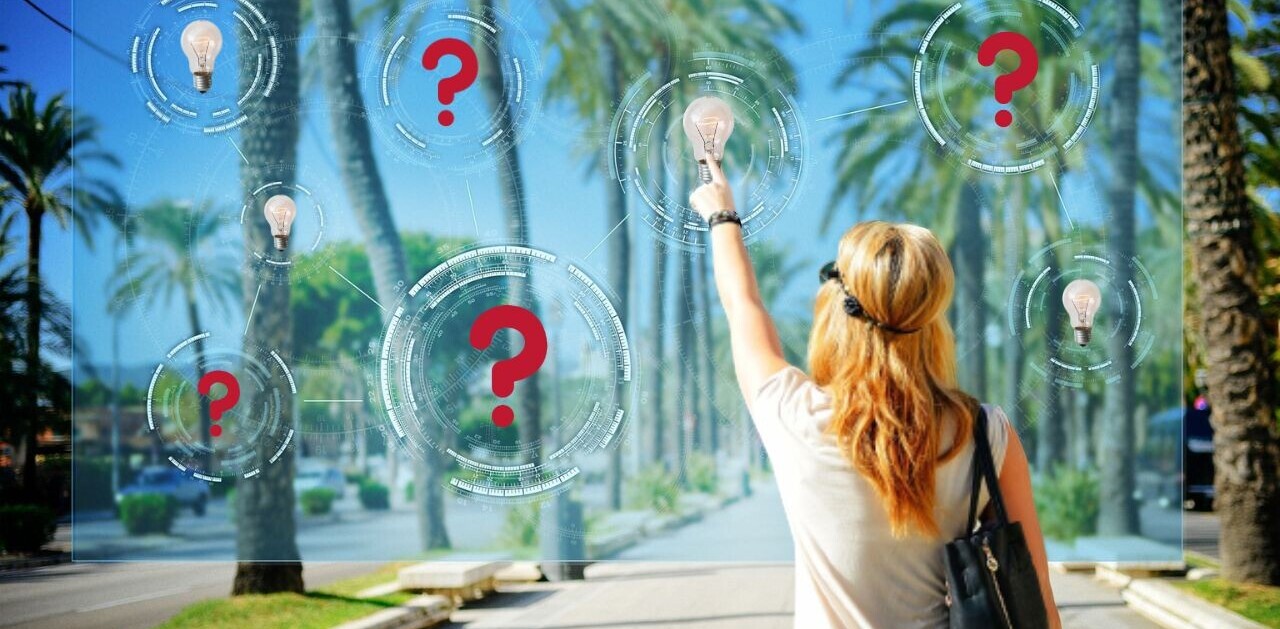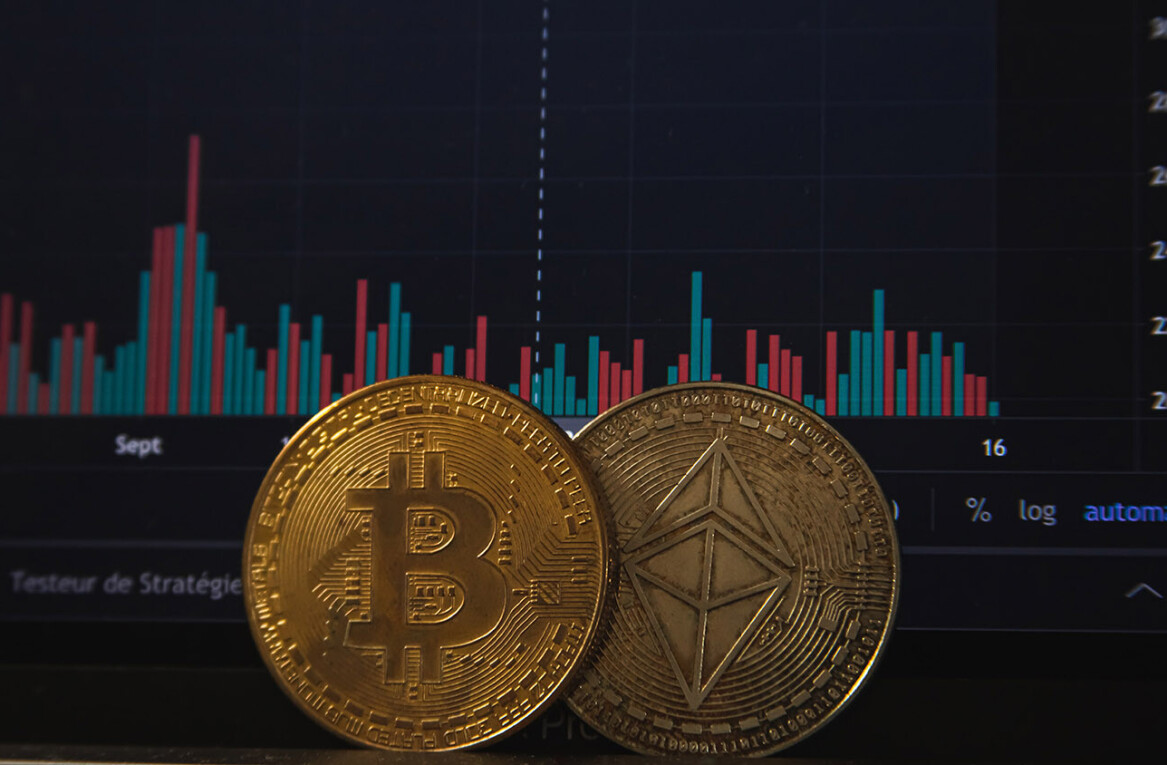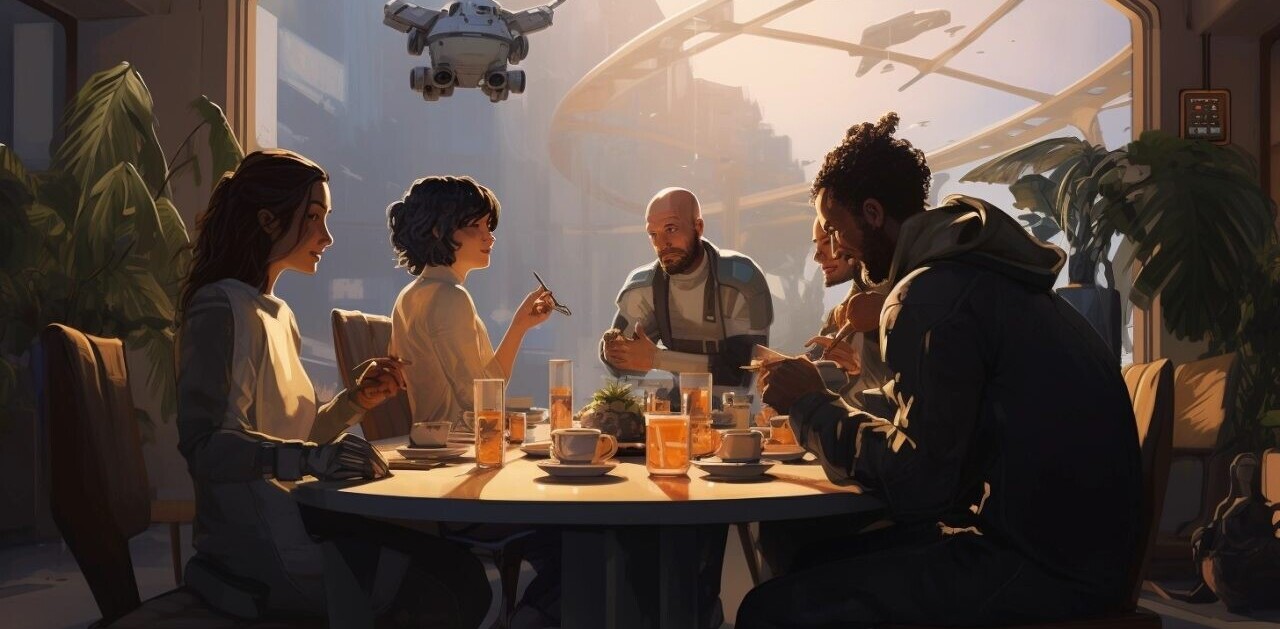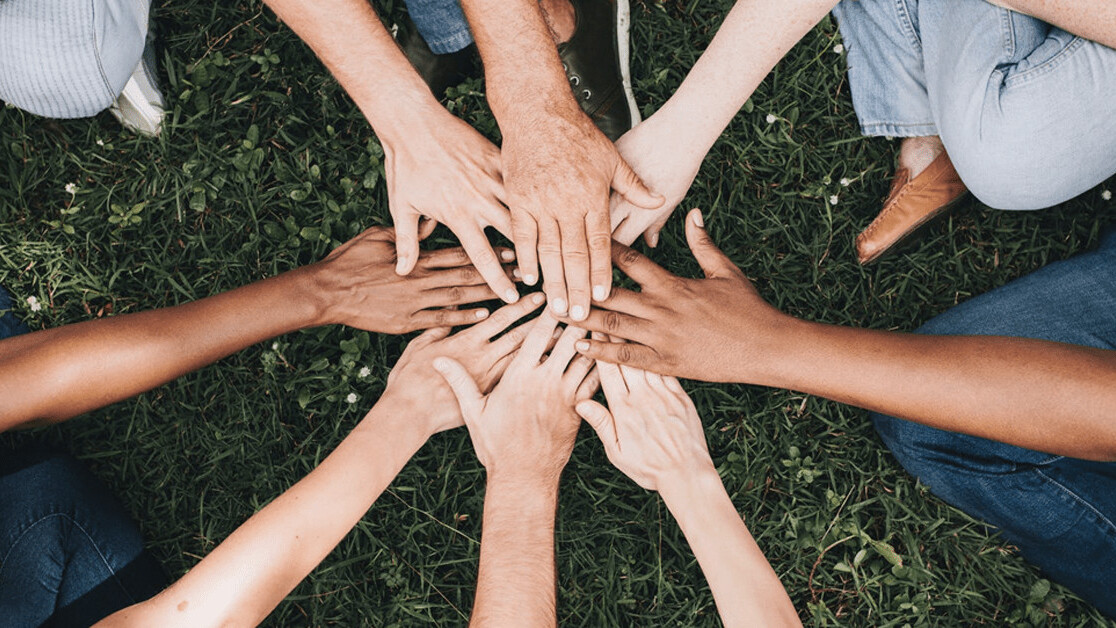
In Lebanon, around 350,000 Syrian refugees don’t have access to enough safe and nutritious food. To stem the crisis, the World Food Programme (WFP) of the United Nations introduced an electronic voucher system to distribute food aid. People are given debit cards loaded with “e-vouchers” that they can use in certain shops to buy food.
But we found that Syrian refugees living in rural Lebanon often have to make difficult choices when buying essential items at the expense of food. Their e-vouchers can only be used in exchange for food, not other essentials like nappies.
Refugees have to engage in “grey-area transactions” that work around the e-voucher system, by asking shop owners to sell them the nappies and instead record on the system that they bought food. This places refugees in a vulnerable position – shop owners often charge higher prices for scanning non-food items as food, but refugees have no choice but to depend on shop owners to cooperate.
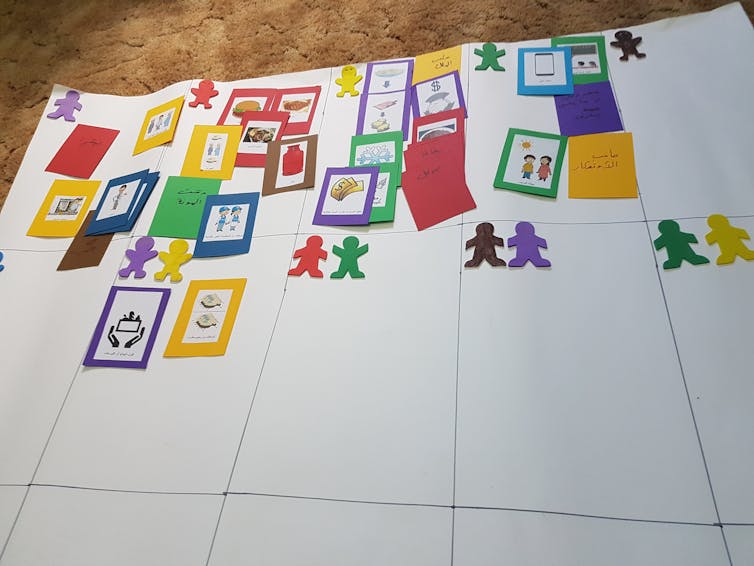
Collective purchasing allows refugees to pool their cash and e-vouchers so that one person can buy non-food items for another and be repaid with food. This allows people a degree of autonomy – they don’t have to rely on shop owners to allow them to buy non-food items using their vouchers. Instead, the community can manage their resources and needs among themselves.
Unfortunately, the e-voucher system prevents refugees from buying goods in bulk. Shop owners are advised by the WFP that purchases by refugees should be typical of buying food for a family. If refugees want to buy enough rice for their community and benefit from a wholesale discount, then the shop owner can refuse the transaction. This makes collective purchasing – something refugees often prefer to do when they have cash available – more difficult.
The WFP is currently piloting blockchain technology to replace this e-voucher system in Jordan and Pakistan. This is an exciting opportunity to alleviate these problems and help to empower both refugees and the shop owners, but only if the refugees themselves are involved.
Food aid designed by refugees
Rather than using a debit card, under this new system refugees would have a digital wallet that is similar to a bank account that you can access online. And instead of it being hosted by a bank, it’s part of the blockchain.
A blockchain is a shared log of transactions, with each user being able to track how much money and goods have been exchanged. This is constantly updated as transactions of food aid and money transfers are agreed between the customer and the shop owner. Each transaction forms a block of new information. The digital ledger is an expanding chain of interconnected blocks of information – hence the name, blockchain.
The WFP is using blockchain technology to cut costs on currency exchange and bank transfers. But the blockchain still allows transactions between refugees and shop owners in the same manner as the e-voucher system. If this new and innovative technology mimics the model that came before, the restrictions on what refugees can do will continue and blockchain will mimic paternalistic aid models that focus on efficiently distributing aid, rather than empowering refugees to leverage their own ways of coping with food insecurity. But if aid is designed with input from refugee communities, the technology could give Syrian people in Lebanon more agency when buying the essentials they need to live.
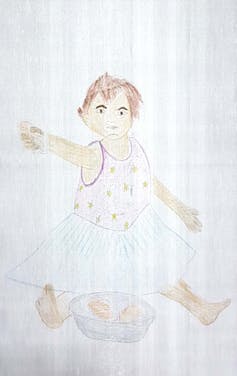
Blockchain can write smart contracts, which would allow people to buy items together. These are agreements whose terms are automatically enforced by an algorithm. Smart contracts act like a lock box with two keys that can be used to open it, one key is given for each party involved in the contract.
When the smart contract is created, both parties set the conditions that need to be met for them to be able to use the keys to open the lock box. Both keys need to be used for the lock box to open and for the money to transfer to complete the transaction. Before this can happen, both parties must agree that the conditions of the contract have been met. With this, refugee communities can negotiate collective purchases with shop owners and hold them accountable to the agreements they make.
Negotiating the terms of the smart contract means that refugees have more of a say over what they consider to be a fair deal. Once the smart contract is in place, the agreed sum of money for the purchase will be placed in a digital wallet – the lock box – that is bound by the terms of the smart contract. The value of items purchased by refugees is deducted once they’ve verified their identity with a retina scan, but the money will only be released to the shop owner if the refugees verify that they received the items.
We saw how these smart contracts could rebalance the power disparity between refugees and shop owners. Including refugees in the design process of humanitarian technologies and aid models can ensure they incorporate the values and practices of the people they’re supposed to help. Future innovations must be rooted in the daily lives of refugee communities. These technologies can empower people and make a real difference to their lives, but only if they’re allowed to design how they work.![]()
This article is republished from The Conversation by Reem Talhouk, Researcher in Human Computer Interaction and Design, Newcastle University; Andy Garbett, Research Associate in Computing Science, Newcastle University, and Kyle Montague, Lecturer in Digital Civics, Newcastle University under a Creative Commons license. Read the original article.
Get the TNW newsletter
Get the most important tech news in your inbox each week.

